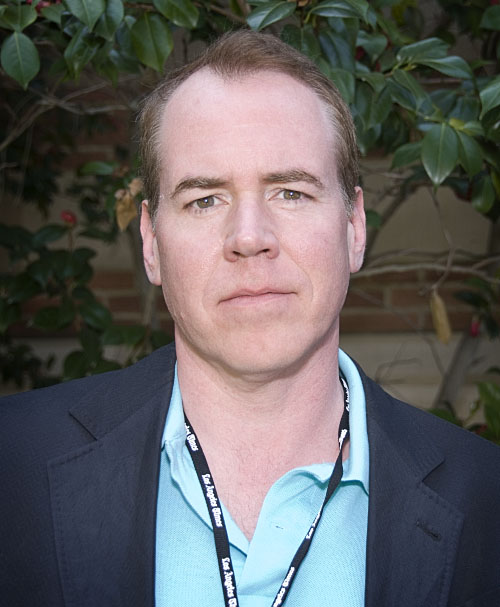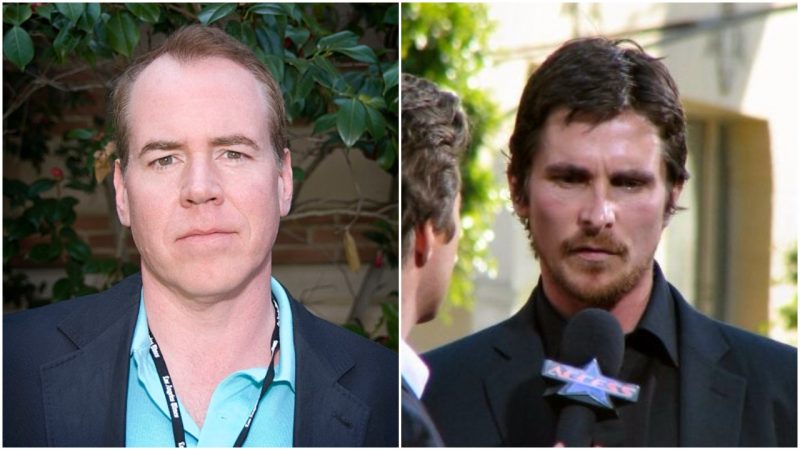“American Psycho” is a novel that created unprecedented turmoil on the literary scene. It was written in 1991 by Bret Easton Ellis, and it explores the frightening reality of wild and unhindered capitalism.
The book follows Patrick Bateman, a highly successful businessman who also happens to be a psychopathic serial killer.

Although the novel was universally acclaimed since it appeared on the shelves of American bookstores, it rose to international prominence in 2000 when it was adapted into a film by the director Mary Harron. The film stars Christian Bale, Reese Witherspoon, Willem Dafoe and Jared Leto, and is praised as an extremely direct critique of American capitalism.
Although the movie shocked the viewers with its graphic violence and elements of horror, the violence in the film is not nearly as gruesome as the violence depicted in the original novel. Although the book immediately gained a cult following, it wasn’t published in hardcover in the United States until 2012.
In many countries across the world, the novel is considered harmful to minors and prohibited from being sold to persons under the age of 18. In Australia, the book can still only be sold shrink-wrapped to prevent minors from reading it in bookstores. It is available in public libraries, but can be found only in the restricted section and cannot be accessed by minors.

When Bret Easton Ellis learned of the Australian treatment of his story, he was amused and stated that he thought it was adorable. However, he wasn’t amused when the novel sparked controversy in Canada in 1993.
In 1993 Canadian authorities apprehended the ruthless serial killer and rapist Paul Bernardo, and it was discovered that he owned a copy of the “American Psycho.” When questioned about his rapes and murders, Bernardo stated that the novel was his Bible and that he even structured some of his felonies to fit the book’s plot.
The first person narration of the novel makes the graphic violence extremely personal, and it is not surprising that some deranged minds of this tumultuous era chose it as their inspiration. However, the controversies steer the audience away from the novel’s primary function of unhinged and straightforward criticism.

Despite its controversial theme and its in-depth exploration of violent escapades, the novel inspired many people to work on their critique of an amoral society.
Several musicians, including Phil Collins and Miles Fisher, infused their solo work with the novel’s controversial themes, and academics worldwide continue to publish essays which dissect both the book and the film as important works of sociopolitical criticism.
